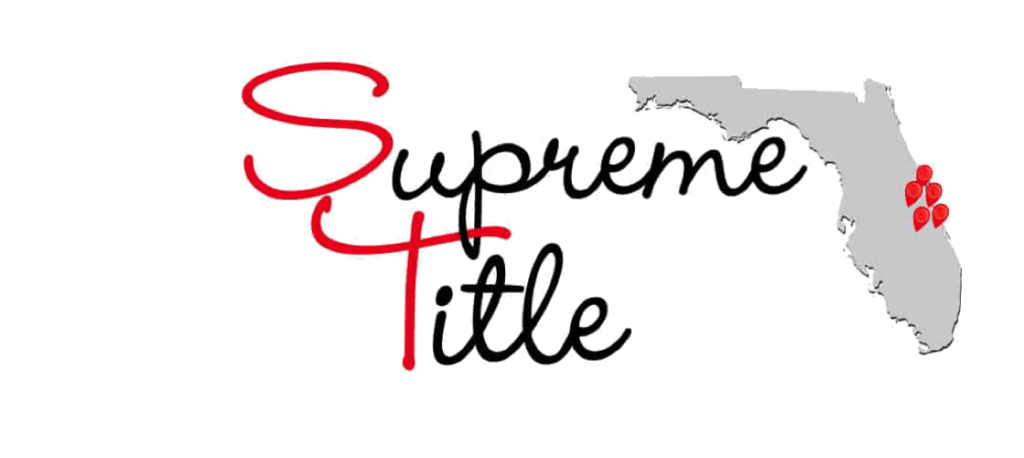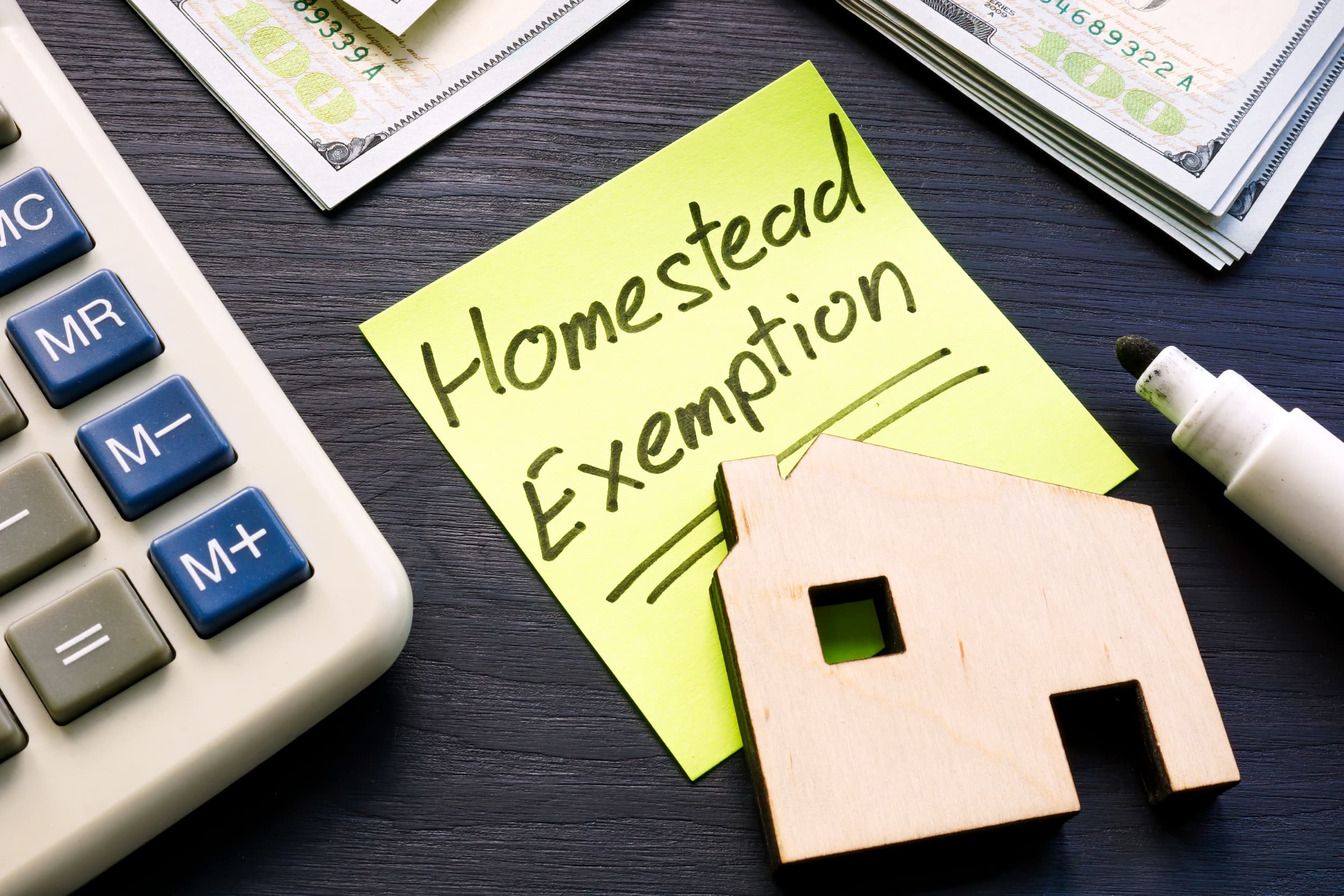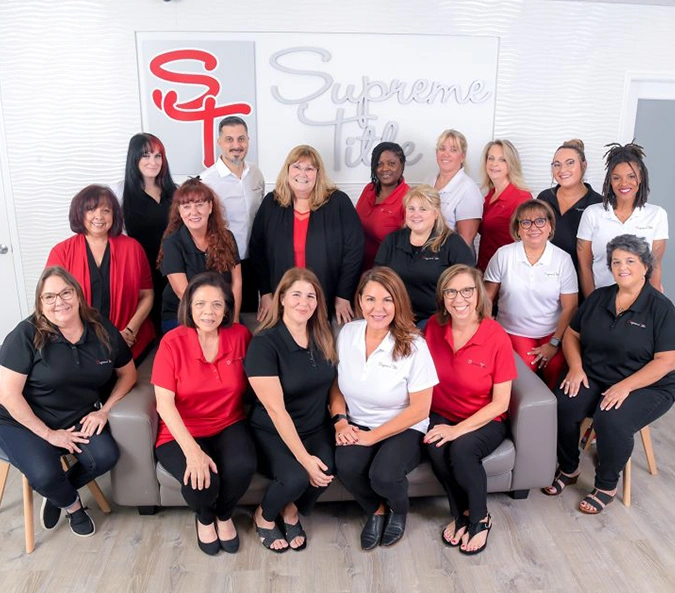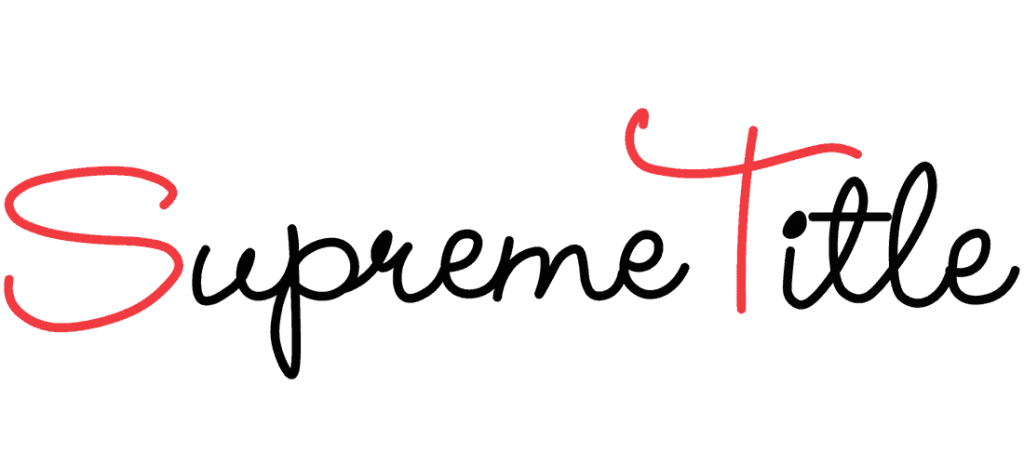When it comes to buying a primary residence in Brevard County, Florida, there are various legal and financial documents involved. Two of the most crucial ones are the promissory note and the mortgage. While these terms are often used interchangeably, they have distinct roles and implications in real estate transactions, especially when a non-borrower is required to sign the closing documents. In this article, we will delve into the difference between a note and a mortgage, and why a non-borrower may be asked to sign in certain scenarios.
The Promissory Note
A promissory note is a legally binding document that outlines the borrower’s promise to repay the lender a specific amount of money over a specified period. It serves as evidence of the debt and includes essential details like the loan amount, interest rate, repayment terms, and the borrower’s commitment to repay. Generally, only the borrower(s) sign the promissory note since it represents their personal obligation to repay the loan.
The Mortgage
A mortgage, on the other hand, is a separate legal document that establishes a lien against the property being purchased. It specifies the property’s collateral for the loan and grants the lender the right to take possession of the property through foreclosure if the borrower defaults on the loan. While the borrower(s) sign the mortgage, it is primarily focused on the property and its ownership, rather than the financial obligation.
The Role of Non-Borrower Signatories
In primary residence transactions, non-borrowers may be asked to sign the mortgage document, even though they are not taking on the financial responsibility of repaying the loan. This commonly occurs when a married couple is purchasing a home, and one spouse is not listed as a borrower. The non-borrowing spouse may still be required to sign the mortgage to ensure both spouses’ interests are protected. By signing the mortgage, the non-borrowing spouse acknowledges their consent to the transaction, any potential foreclosure proceedings, and their rights to the property.
Legal Protections for Non-Borrower Spouses
In certain jurisdictions, there are legal protections in place to safeguard the rights of non-borrower spouses. These protections may include ensuring that the non-borrowing spouse is aware of the transaction’s implications and potential foreclosure risks. – The specific laws and regulations regarding non-borrower spouses can vary by location, so it’s essential to consult with legal experts or real estate professionals familiar with local laws for Brevard County. The experienced title agents at Supreme Title are an valuable resource for this local information.
Conclusion
In primary residence transactions, understanding the difference between a promissory note and a mortgage is crucial. While the promissory note represents the borrower’s financial obligation to repay the loan, the mortgage focuses on the property itself and grants the lender rights to the property. Non-borrower signatories, often spouses, may be asked to sign the mortgage to protect their interests and acknowledge their consent to the transaction. Legal protections for non-borrower spouses can vary, so it’s essential to consult with professionals well-versed in local real estate laws, such as the title agents at Supreme Title, when navigating such scenarios. By grasping these distinctions, homebuyers and their non-borrowing spouses can make informed decisions in primary residence transactions.






